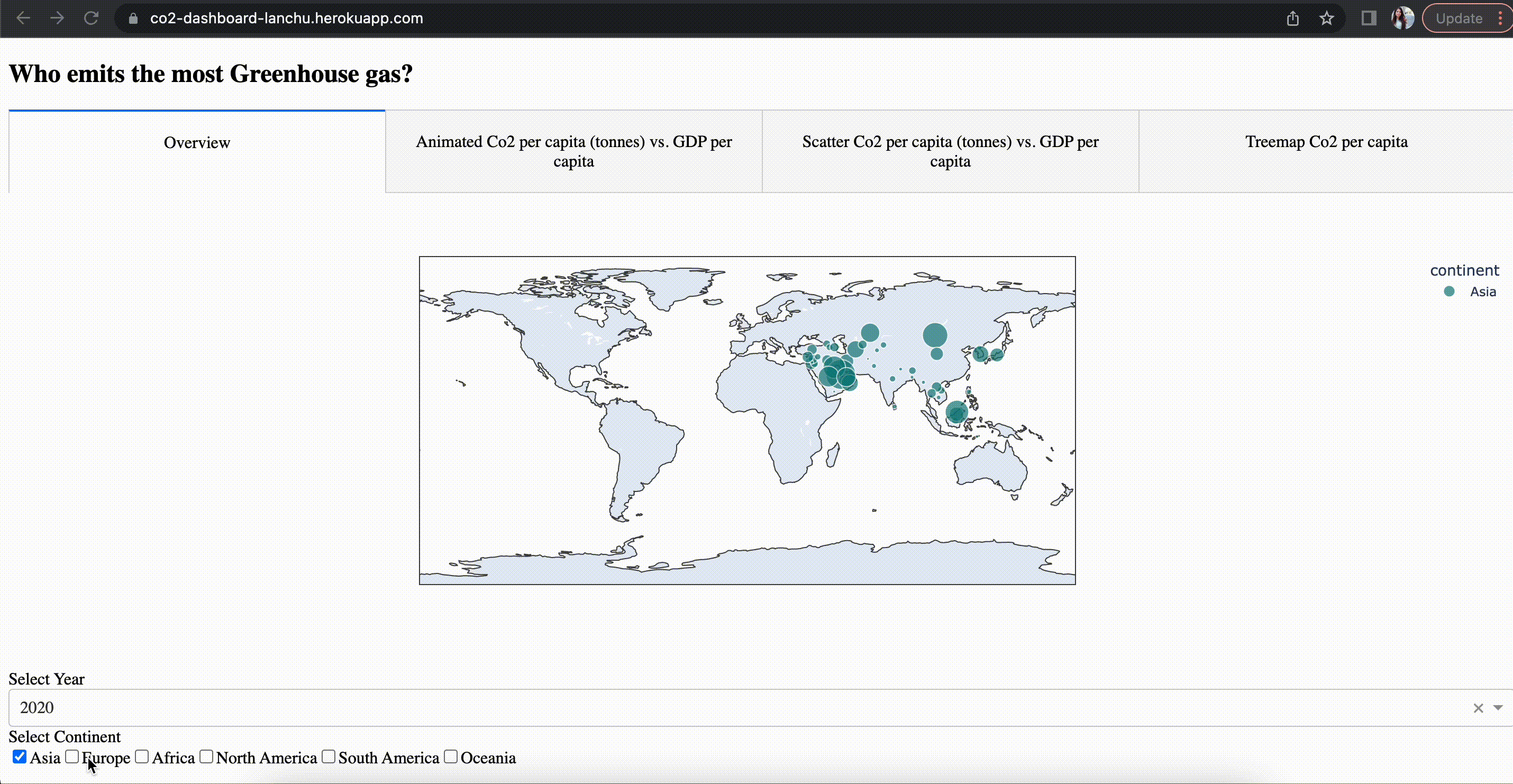
I know lots of people who have wasted years for a career which is not right for them. We all don’t want to get stuck in the wrong career. You want to make a career change. You realize that what you study, what you do, the industry and the job you are in are not what you want to do in the long-term. You better change that sooner than later.
So very often, I received messages from people asking me how I made a career change to the BI field. I don’t know the answer for this question. Because I guess I didn’t really plan that career change. It just came. It was ok for me to do research back then. But the job I was doing as a market researcher was not a long-term position and it built my skills so slowly. I wanted something more challenging. I kept my eyes open for new opportunities. Of course I did. Because I would need a new job soon, like everyone else, to put food on the table and a roof on my head ;)
Because I didn’t plan that career change, I apparently wasn’t well-prepared for it. I thought it is a good idea to tell you guys my experience and how things can go wrong. And not less important, how you can make a proper switch.
A bit of my background: I have an undergraduate degree in Economics and an advanced (Post) Master in Development Studies with a focus on Quantitative Research. I come from a research and development background I would say. I used to work as Research Assistant at Universities and Research Associate for a Market Research Company. Besides, I interned at a few UN agencies as Project Assistant. I got an offer to do a PhD in development studies right before I landed a job as a Business Intelligence Analyst.
What I am doing now: Business Intelligence Analyst (including Developer)
1.How did I get there to be a BI Analyst?

I didn’t know exactly the job I wanted at the time. I still don’t know by now honestly. But there are a few things that were crystal clear for me.
Finding meaning in work is vital for me. I have always wanted to work for an organization that makes this world a better place rather than making it a worse one. Eventually, I became convinced that to have a positive impact with my career, working directly within organisations focused on promoting and doing good in an evidence-based manner would probably be a good starting point.
Secondly, I knew that I wanted to work with data. Through my study and my research work, I have lots of exposure with data, from collecting data, defining data, analyzing data, telling stories out of data and turning it into actionable insights. I was amazed to see how much data can tell you and how it can change people’s lives.
I have followed Dutch Development Bank (FMO) for a while and I love the organization’s beautiful missions and values. And here it came. FMO was looking for a BI Analyst in Data Management and Analytics team. Cool! Data team. And it is FMO! I wanted this job! I was lucky enough to get the job despite being clueless about what I was supposed to do as a BI Analyst. But who cares. I would just do it you know. That’s how we all start. We don’t know things. We get hired and we figure out how to do the job. That was what I thought back then. That’s not entirely true though.There’s a lot of nuance in it. Sometimes it can be very difficult to switch to another field of work, especially when the new job requires technical skills which you’re not familiar with in your previous position(s).
2.Where things went wrong
My job as a BI Analyst/Developer requires lots of industry (banking) knowledge and involves a large amount of technical work which I had zero exposure with in my previous positions. For a person who doesn’t have a technical background like me, these are all insane! Some programming language skills in R and STATA I gained through my study and research jobs didn’t help me much. I was struggling with my work and sometimes my only wish is to successfully complete my daily tasks. Yeah, I am so easy to please I know :)
There is one thing you need to know. Being good at your job and gaining a sense of mastery is a vital component of being satisfied at work. Your colleagues will respect and appreciate you because they see your value in the team. It was not the case for me when I started I think. I was in a small sub-team with few other senior colleagues who have, like, 200 years of experience in the field. Trust me, 200 years. It is not that I am not capable. It is just there was a big gap between me and my colleagues. I felt being left behind. It was not that my colleagues didn’t know what was going on. They are smart enough to see. They care about me. But very often, time pressure and deadlines don’t allow people to spend time on you because they are also swamped with work. And to even make it worse, time pressure doesn’t really allow mistakes to happen either.
I was struggling. I wanted to fix the situation. I had to. But I took a wrong approach. I compensated for my lack of skills and knowledge by working harder. I stayed late at the office. I work harder than anyone else you’ve ever seen ;) This doesn’t help so much though because what I need is more a guidance on how to learn and do things. Don’t get me wrong. You can work harder, but you should definitely work smart. And don’t overwork too much. Nothing is worth your health and emotional well-being. Apart from that, as a new-comer, I was seeking self-approval at work. I was scared to death to show my vulnerability and tell my boss that I was struggling. However, some time ago, one colleague of mine asked why I tried so hard to seek validation. No one ever doubts that! So please don’t make the same mistakes as I did. If you are in my situation, speak up for yourself. Be willing to put yourself in a vulnerable situation and ask for help. It is time to embrace vulnerability. Tell your team that you need to learn and you are not strong enough to do the work alone. But you know that, as a team, we are strong enough. And a strong team should never leave anyone behind! Get the opportunities to do the jobs and make mistakes. Otherwise, how else can you learn? A job is best for learning when you are pushed to do the work and improve through learning by doing and feedback. But very importantly, making sure that you do your best as well because unfortunately, working life is tough. Try not to make mistakes you could potentially avoid. It is no fun to make mistakes at work :)
3.How to prepare yourself for a career switch?
When having a career change, these are the things you need to keep in mind:

Step 1: Know the certain types of skills and knowledge required to do the new job.
This is pivotal because it helps you to prepare for the next steps but at the same time it doesn’t receive enough attention in my opinion. You need to do lots of research. Talk to lots of people in that field. Try to get lots of interviews and have some sense about what is expected.
Step 2: Assess your ability. Perform your skills gap analysis.
Having a list of skills needed for the new industry/job you want to step in is great. Sadly, just knowing that doesn’t lead you to anywhere. The next step is to know where you are right now and identify the gap that needs to be filled in to go where you want to be. Group them into different categories in order to easily manage, prioritize them if you don’t time for everything. For me, I was more focused on technical skills. I did some research about the required skills to become a BI Analyst and I know what I need to learn. I didn’t make lots of progress in learning them before starting the job. I was not really well-prepared for it. That makes things difficult later.
Step 3: Close the skills gap
Now it’s time to close skills gap. Find below a few options you can consider.
Through education
Getting a degree
You might think of getting an official degree for the new industry/job you want to step in. For example, some data engineer or data science positions probably rarely accept people without an undergraduate degree in Computer Science. However, getting a degree is a big investment and will definitely cost you a good amount of money and time. Think about it carefully. In my opinion, most of us don’t need a new degree to get the job we want.
Bootcamps and online learning resources
I know lots of people who started with no technical background, and within six months ended up having well-paid programming jobs. Programming is also a growing, in-demand skill in most companies. One option is to participate in intensive bootcamps. These bootcamps are intensive, usually last for weeks or months and aim at getting you a job as soon as possible. Alternatively, you could teach yourself through many great free online platforms out there such as Udemy, Coursera and Datacamp.
Doing in-between positions
In-between positions are bridge positions that connect you from where you currently are to where you want to be. Examples of bridge positions include doing an internship/traineeship. This can help you to get a foot in the door. For instance, if you have experience as a Data Analyst (with some exposure in programming languages) and want to shift your career towards a Data Scientist, you might consider having a Data Science Internship or Data Science Volunteer position. Red Cross the Netherlands offers lots of (unpaid) Data Science Volunteer positions. That is also a fun thing to do.
Other activities
Participating in activities include joining hackathons, competition in your fields and finding platforms that push you to learn and improve. For example, having your own websites or github page to show your skills and knowledge and build your portfolio is not a bad idea.
Step 4. Invest in your career capital
This is not a step at the end of the value chain though. It should happen in parallel with all previous steps. It is gonna take some time to find that job. It may not happen right away. While waiting for your dream job to come, it’s important to continue building your career capital. Here’s a bit more detail on what you can do.
Future-proof skills and knowledge
No matter how much you are unhappy with your current position, there are always new things you can learn every day. Continue to learn as much as you can. Learn the skills needed for different types of jobs and remain useful in the future. People change. People’s interests change and probably, you’ll keep learning about which career choices are the best for you. Some useful skills you need in any job include dealing with people, time management, critical thinking and problem-solving, the ability to learn quickly and social skills, for example the skills of humour. Trust me, life is so much better when you have a strong sense of humour. And gaining new knowledge. This is even more important if you care about social impact career, because it allows you to head towards the world’s pressing issues in the future.
Connections
Networking is the way to find opportunities, share the ideas and start new initiatives. Surround yourself with great people because the people you spend time with also shape your character and personality.
Trademark
This is not only about your achievement but also your reputation and how people see you. If you are a writer, it’s your blog. If you are a developer, it’s your GitHub! Take care of these. Your credential also lies in how others feel after having experience with you. Be honest. Have a big heart. Help your new colleagues. You can never go wrong with these.
Financial security
If you want to have the luxury to quit a job and focus on preparing for your next adventure, financial security is required because it gives you the flexibility to make a career change. In my opinion, make sure you could comfortably keep going with no income for at least a year. Believe me or not, I just start my career but already think of early retirement or just do something else that I may earn less but give me more sense of fulfilment. Money makes you happier, but only a little. Or perhaps, the relation between emotional well-being and income is causal only up to 48 million!!! :D

Switching career is a big decision. But if you know that the current job you are in is not right, go for it. I hope some of my experience helps you in one way or another. If you get your dream job in the new field, congratulations! You deserve it! All the best with your new adventure. Thank you for reading!


